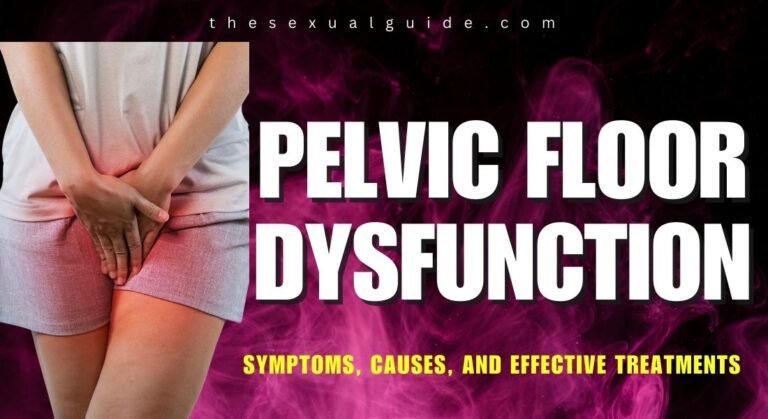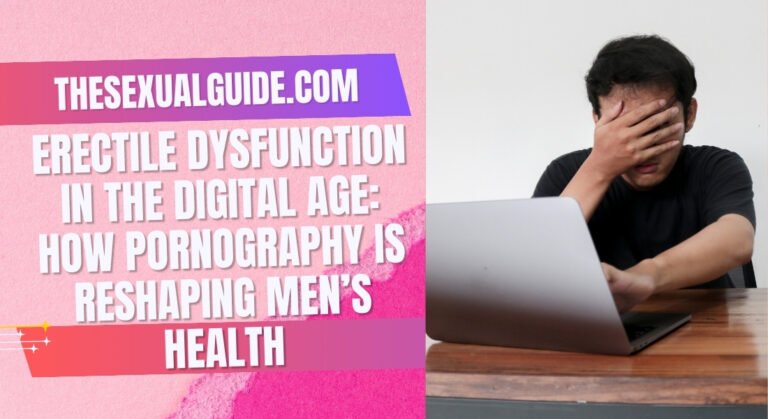Understanding the relationship between substance use and sexual performance is important for maintaining a healthy and satisfying intimate life.
While some individuals believe that alcohol and certain drugs can enhance sexual experiences, scientific evidence often indicates otherwise.
The Impact of Alcohol on Sexual Performance
Alcohol is one of the most commonly consumed substances worldwide, often associated with socialization and relaxation.
However, its effects on sexual performance are complex and can be detrimental.
Short-Term Effects
- Reduced Inhibitions: Alcohol can lower inhibitions, leading to increased sexual desire and risk-taking behaviors.
- Impaired Physical Function: Excessive alcohol consumption can interfere with the brain’s ability to send signals necessary for sexual arousal and performance, potentially leading to erectile dysfunction (ED) in men and decreased lubrication in women.
Long-Term Effects
- Hormonal Imbalances: Chronic alcohol use can disrupt hormone production, including testosterone, which is vital for sexual desire and performance.
- Persistent Sexual Dysfunction: Long-term heavy drinking is associated with ongoing sexual health issues, such as ED and reduced libido.
The Impact of Drugs on Sexual Performance
Various illicit and prescription drugs can significantly affect sexual function, often in negative ways.
Illicit Drugs
- Stimulants (e.g., Cocaine, Amphetamines): While some users report heightened sexual arousal, prolonged use can lead to decreased sexual desire and performance issues.
- Opioids (e.g., Heroin): These substances can reduce libido and impair sexual performance.
- Marijuana: Effects vary among individuals; some experience increased desire, while others face anxiety and reduced sexual satisfaction.
Prescription Medications
- Antidepressants (SSRIs): These can lead to decreased libido and difficulties achieving orgasm.
- Antipsychotics: May cause reduced sexual desire and erectile difficulties.
- Antihypertensives: Some blood pressure medications are linked to ED and decreased libido.
Combining Substances and Sexual Performance
Mixing alcohol with drugs can exacerbate negative effects on sexual function.
For instance, combining alcohol with certain medications can increase sedation, reduce libido, and impair judgment, leading to risky sexual behaviors.
It’s essential to consult healthcare providers about potential interactions between substances and their impact on sexual health.
Addressing Substance-Induced Sexual Dysfunction
If substance use is affecting your sexual performance, consider the following steps:
- Reduce or Eliminate Use: Cutting back on alcohol and drug consumption can improve sexual function over time.
- Seek Professional Help: Consult healthcare providers for guidance on managing substance use and its effects on sexual health.
- Explore Treatment Options: For persistent issues like ED, medications may be beneficial. Trusted providers such as LibidoDepot offer authentic ED medications to support sexual wellness.
Conclusion
While alcohol and certain drugs may seem to enhance sexual experiences temporarily, their overall impact on sexual performance is often negative, especially with prolonged use.
Understanding these effects empowers individuals to make informed decisions about substance use and seek appropriate help when needed.
Want to learn more? Visit LibidoDepot for trusted solutions and resources to support your intimate health.
FAQs: How Alcohol and Drugs Affect Sexual Performance
1. Can alcohol affect sexual performance in men and women?
Yes, alcohol can impair sexual performance in both men and women. In men, it may lead to difficulty achieving or maintaining an erection (erectile dysfunction). In women, it can decrease vaginal lubrication and reduce sensitivity, making arousal and orgasm harder to achieve.
2. Do recreational drugs have long-term effects on sexual health?
Yes, chronic use of recreational drugs like cocaine, methamphetamine, and opioids can lead to long-term sexual dysfunction, including decreased libido, erectile issues, and hormonal imbalances that affect overall sexual wellness.
3. Is it true that alcohol can increase sexual desire?
While alcohol may temporarily lower inhibitions and increase perceived desire, it often reduces physical sexual performance and sensitivity. High consumption can actually impair arousal, orgasm, and satisfaction.
4. Can drug or alcohol-related sexual problems be reversed?
In many cases, reducing or eliminating alcohol and drug use can lead to improvements in sexual function. However, long-term abuse may cause lasting damage, and professional help, such as therapy, medical intervention, or rehabilitation, may be necessary.
References
- Drugs and Sexual Effects: Role of Drug Type and Gender
- A Meta-Analysis of Erectile Dysfunction and Alcohol Consumption
- Medications and Sexual Function and Dysfunction
- Alcohol-Associated Sexual Dysfunction: How Much is the Damage?
- Sexual Dysfunction in Persons with Substance Use Disorders
- Alcohol Use Predicts Sexual Decision-Making: A Systematic Review and Meta-Analysis






